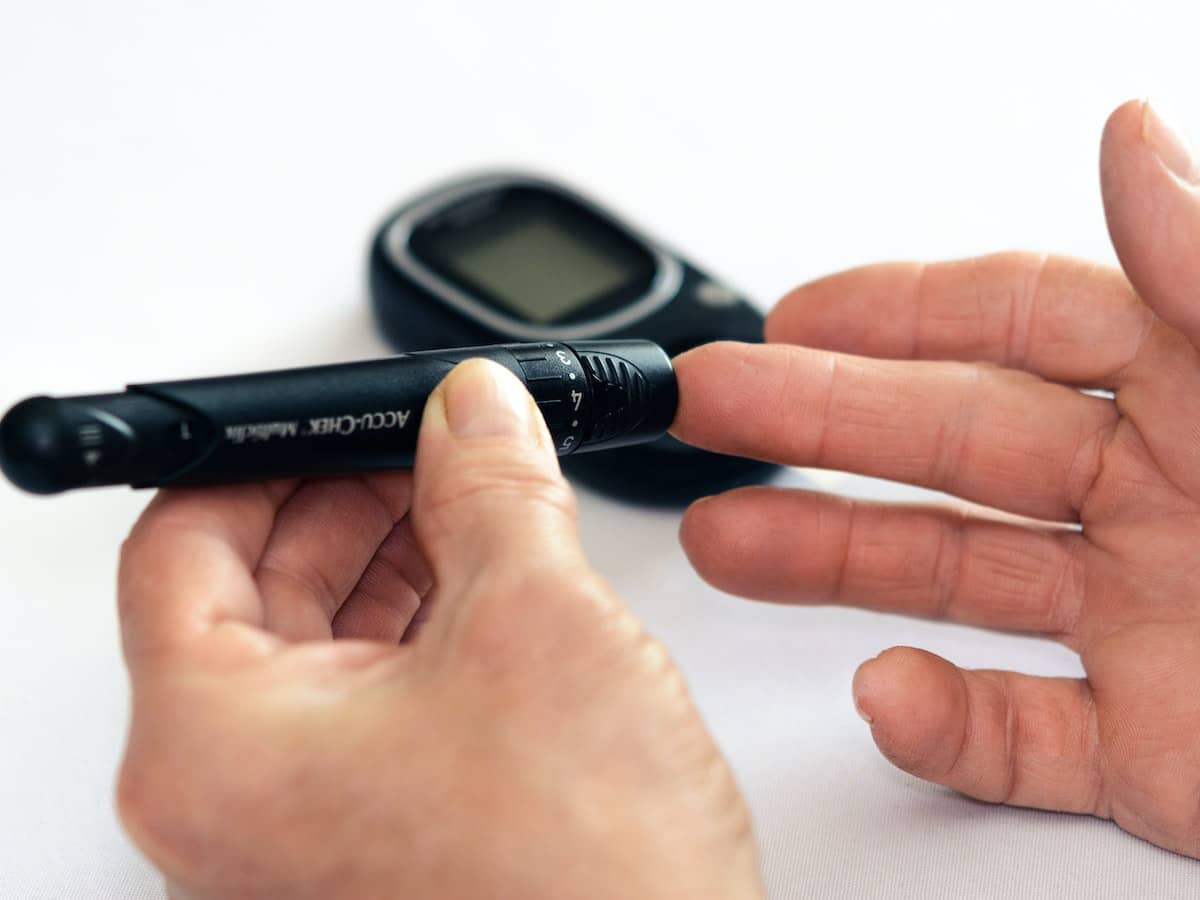
Living with multiple sclerosis (MS) can present some exhausting challenges, literally. Children with MS often experience fatigue, depression, and memory difficulties. But an unexpected strategy might offer them an opportunity to reduce their symptoms: exercising more strenuously.
The more exercise children with MS did, the fewer relapses they had, according to a small study published in August 2015 in the journal Neurology. Researchers also found, however, that fewer children with MS participated in strenuous activity compared to those who had experienced a single instance of neurological inflammation.
Lifestyle Factors Could Change Disease Outcomes
“This is only a beginning, but these findings may mean that certain lifestyle factors may influence the way that kids experience having MS,” says Ann Yeh, MD, a pediatric neurologist at The Hospital for Sick Children in Toronto. The findings may also mean “it is possible that children may experience fewer symptoms and better disease outcomes if they make just a few lifestyle changes,” Dr. Yeh says.
Yet she cautions that this small study only identified a link between amount of exercise and disease symptoms at a single point in time, so it cannot show cause and effect.
“We need to do further studies to confirm that this relationship is one in which high levels of physical activity actually lead to better disease outcomes,” she says.
Kids With MS Typically Less Active
She and her colleagues surveyed 110 children about their symptoms of fatigue and depression and about how much exercise they got. Strenuous exercise referred to activities such as running or jogging, and moderate exercise would include fast walking. Mild exercise included leisurely walking. Sixty of these children also underwent magnetic resonance imaging (MRI) scans to look at their brains.
The researchers compared the 31 children who had multiple sclerosis with 79 others with a condition called monophasic acquired demyelinating syndrome, which means the children experienced a “single event of inflammation in the brain, optic nerve, or spinal cord” that does not happen again, Yeh says. Children with MS, on the other hand, experience multiple neurological episodes, which scientists believe involves ongoing inflammation.
Less than half the children with MS (45 percent) said they participated in any strenuous exercise, compared to the majority (82 percent) of the other children with a single inflammatory experience. The children with MS also participated in strenuous exercise less often than the other group.
The amount of exercise was measured in units called “metabolic equivalents,” (METs) which represent how intense different individuals’ exercise is even if they have different weights. The children with MS had an average 16 METs in strenuous exercise, compared to an average of 33 METs among the other children.
Does More Exercise Equal Fewer Lesions?
But another finding from the study focused only on the children with MS. Compared to those who did not exercise much or at all, the children who did exercise strenuously had fewer lesions in their brains. (The number of lesions is a measure of how much their disease is affecting them.)
The children who did strenuous exercise had approximately 0.46 cubic centimeters of lesions, compared to 3.4 cubic centimeters among those who did not do strenuous activity. The children with MS who exercised strenuously also experienced a typical 0.5 relapses per year, compared to 1 per year for those who did not exercise as much.
“I think the most important finding here is the suggestion that physical activity can have a beneficial effect on disability, depression, and fatigue in patients with multiple sclerosis from childhood,” says Maria Assunta Rocca, MD, a neurologist in the San Raffaele Scientific Institute at the Vita-Salute San Raffaele University in Milan, Italy. But she cautioned the relationship could run in the opposite direction too.
Or Do Fewer Lesions Lead to More Exercise?
“We cannot exclude that patients with lower lesions had less disability and, consequently, practiced more exercise,” Dr. Rocca says. “I think the most important message here for families is that when a diagnosis of MS is done in childhood, they should try to guarantee their children the same quality of life in terms of physical activity, amusement, and similar activities as children without such a disease.”
Regular exercise has already been shown to reduce the severity of fatigue, depression, and certain sleeping problems, all symptoms that individuals with MS experience, according to Manikum Moodley, MD, co-director of the Pediatric MS Program at the Cleveland Clinic’s Center for Pediatric Neurology.
“Regular exercise also helps reduce bladder problems, keep body weight in control, and build stronger bones,” Dr. Moodley says. “Patients should be encouraged to seek the help of physical therapists to determine which exercises would be most beneficial to an individual patient.”
Self-Care Practices That Can Help
Children with MS can follow several other practices to help improve their quality of life, Moodley explained. These include taking all their prescribed medications properly, taking adequate multivitamins with sufficient doses of vitamin D, and regularly following up with their pediatric MS doctors.
“I would support families continuing to allow their children to participate in all activities that they are interested in,” Yeh says, “and to provide an environment in which healthy lifestyles are possible.”

